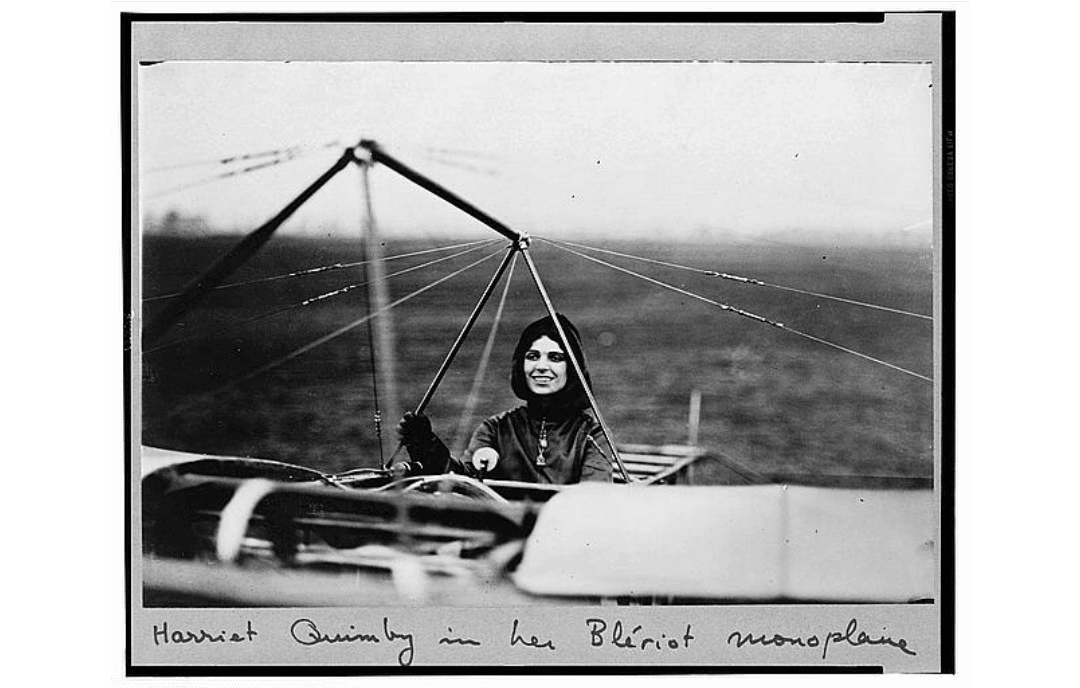“It is seized with the lust for power. The appetite has grown with the eating, and it will not be content until its grasping hands are laid on every section of the industrial and trading life of the nation.”That’s how Ivor Thomas described the British Labour Party in his 1951 book, “The Socialist Tragedy.” For six years (1942-47), he was a Member of Britain’s House of Commons—representing the very same Labour Party! Prime Minister Clement Attlee even appointed him Parliamentary Secretary to the Ministry of Civil Aviation and, later, Under-Secretary for the Colonies. But when Thomas expressed disillusion with socialism in late 1947, Attlee sacked him. Thomas then switched to the Conservative Party.
Ivor Thomas was a man of wisdom who “grew” in office, by which I mean he allowed sound principles to eventually take priority over party allegiance. His transformation from naïve socialist to an eloquent devotee of freedom and free enterprise didn’t take very long. As his understanding of economics improved, he viewed with alarm the Labour government’s penchant for the nationalization of industry in the late 1940s. When Attlee moved to seize the steel industry, Thomas realized that Labour was on a course to trash British economic liberty.






